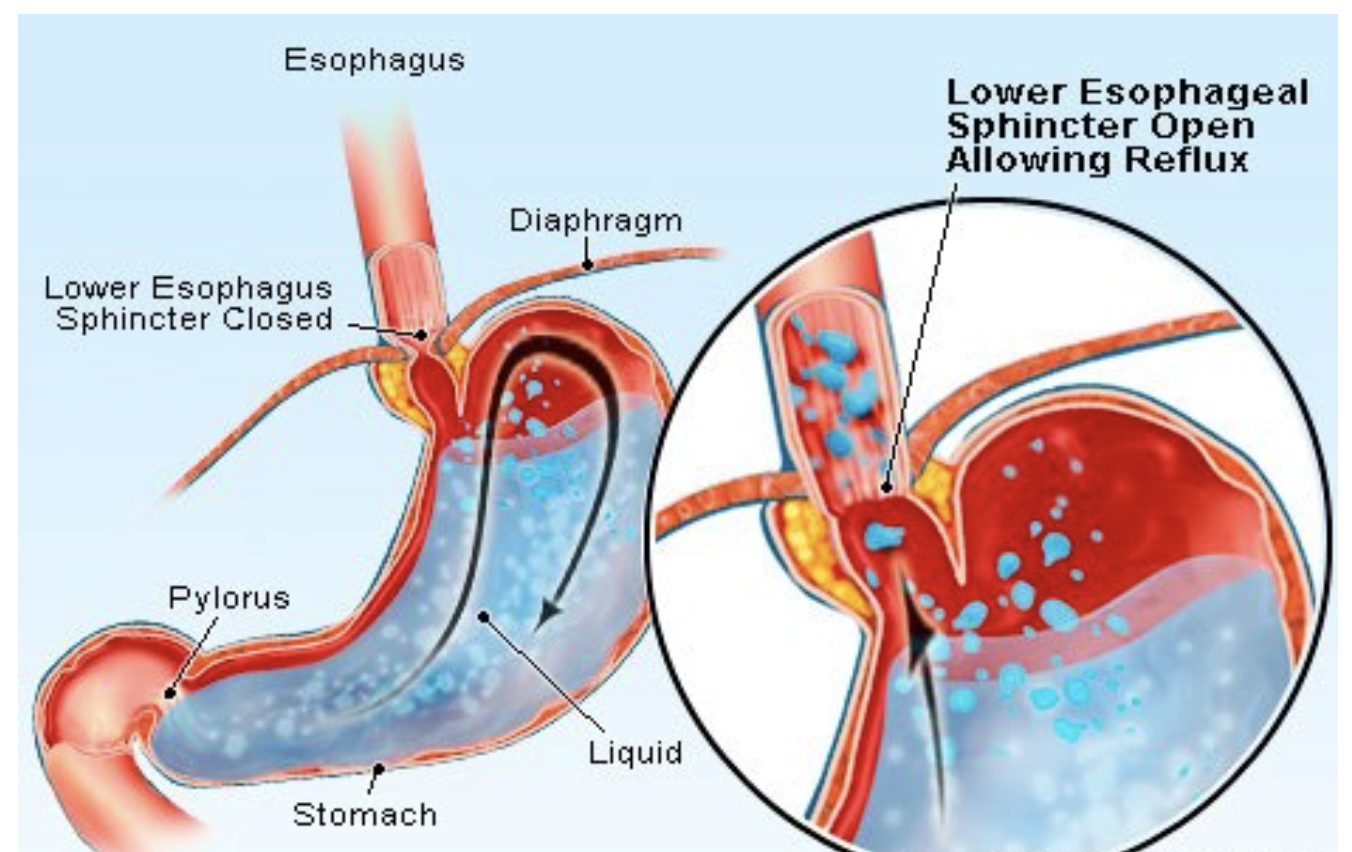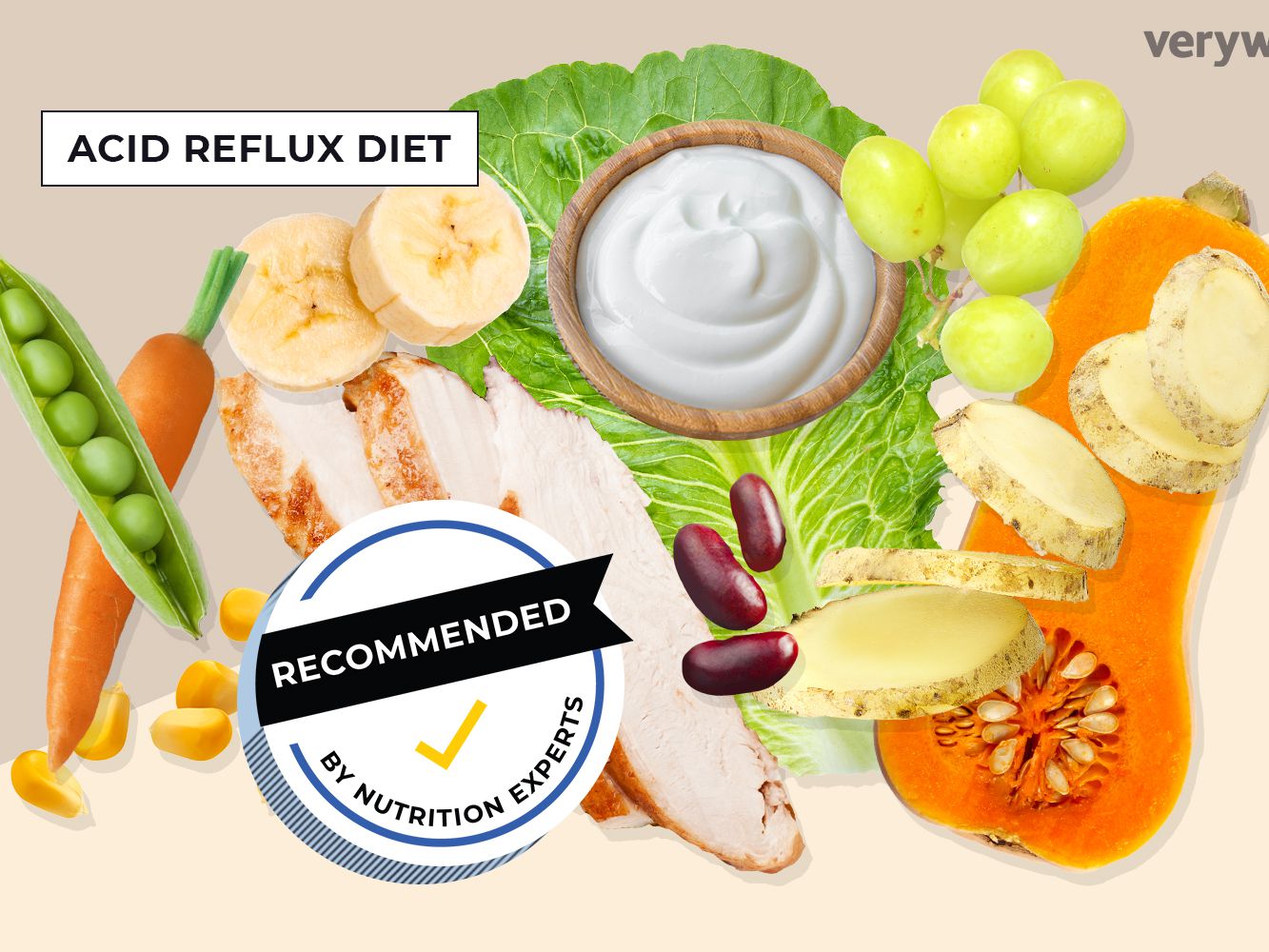Do you suffer from acid reflux?
Acid reflux occurs when the sphincter muscle at the low end of your oesophagus relaxes at the wrong time, allowing stomach acid to rush back up into your oesophagus. This can cause heartburn and other symptoms. If this happens continuously it can lead to gastroesophageal reflux disease also known as GERD.
When you use Dr Google to gain some insight and relief for acid reflux, the following explanation will pop up:
Esophagitis – Diagnosis and treatment – Mayo Clinic
This is where you may be going wrong…

Let’s break it down and explain it simply:
The 4 main organs involved in digestion are the following:
Liver
The main function of the liver is to filter the blood coming from the digestive tract, before it passes to the rest of the body. The liver also detoxifies chemicals and metabolizes drugs. As it does this, the liver secretes bile, which ends up back in the intestines to break down fats.
Some of the primary functions of the liver are:
- bile production and excretion
- excretion of cholesterol, hormones, and drugs
- metabolism of fats, proteins, and carbohydrates
Stomach
The stomach digests proteins. The stomach is also where harmful pathogens from the food we eat, are destroyed.
The adsorption of important minerals and vitamins happens here: calcium, iron, magnesium, zinc, copper, cobalt, folic acid and vitamins A, C and D.
Pancreas
The Pancreas plays a critical role in the digestion process. During digestion the pancreas secrets pancreatic juices called enzymes, which break down sugars, fats and starches from the food we eat. The pancreas also helps digestion by making vital hormones. These hormones help regulate your blood sugar levels and appetite. They also stimulate stomach acids, and tell your stomach when to empty itself of its contents.
Gall Bladder
The primary function of the gall bladder is to store and excrete bile which is made by the liver. It is not a highly necessary organ, which is why it can be removed when there are health problems associated with it. Bile is used to digest fatty foods, break down fatty acids and fat soluble vitamins. People can function perfectly normally without their gall bladder, but most will have a slight bile deficiency as there is nowhere to store the excess bile made by the liver.
If the stomach acid is too low, meaning it will be above 5 on the PH scale where it should normally be between 1-3 on the PH scale, the following negative reaction may happen:
there is no trigger for the liver to release bile from the gall bladder.
the gall bladder won’t be stimulated to release bile.
the pancreas is not stimulated to release enzymes to assist in the digestion of fats, carbohydrates and proteins.
Due to low stomach acid the body responds with the following symptoms:
The gall bladder not releasing enough bile causes:
Burping
Belching
Right shoulder pain
The pancreas not releasing enough enzymes cause undigested food to remain in the stomach which causes:
Stomach pain
Constipation
Bile deficiency leads to bloating.
The low acid in the stomach causes the valve at the top of the stomach to not close and this allows the stomach juices to rush back up into the oesophagus.
With all this evidence and your digestion so compromised, why would you want to take antacids and further reduce your stomach acid?
How do we remedy this problem?
Instead of reducing the stomach acid, we should be increasing the PH in the stomach to a higher acidity. Optimal levels would be between 1-3 on the PH scale.
We need to take Betaine HCL and apple cider vinegar, as well as add bile salts before every meal to increase the acidity in the stomach.
Acid reflux can also be caused by a vitamin D deficiency. This deficiency can stop the lower oesophageal sphincter from closing. We have vitamin D receptors in the stomach to allow this reaction to take place. By taking a vitamin D supplement everyday we can assist the stomach’s digestion.
Low levels of potassium can lead to low levels of stomach acid. We find potassium in lots of vegetables. We do, however, need a minimum of 4700mg per day to get all our daily requirements, making it very important to eat salads and vegetables with every meal in order to aid digestion and minimise acid reflux.
As we age our stomach acid reduces, making it very important to ensure our diet is optimal and our health is in good shape to assist digestion. Acid reflux is a very common problem, particularly when we are carrying too much weight.

How to test low stomach acid at home, before rushing to the doctor:
By drinking bicarbonate of soda/ baking soda (sodium bicarbonate) and this combining with your stomach acid in the gut (hydrochloric acid) you will create a fantastic chemical reaction in your stomach. The result of this reaction is carbon dioxide gas, which causes burping.
A burp within three minutes of drinking the baking soda solution (see recipe below) may indicate an adequate level of stomach acid.
A burp after three minutes (or not at all) may indicate a low level of stomach acid.
This test is great for gaining insight into stomach acid levels, but it is not the most scientific method and should not be seen as accurate enough to rule out low stomach acid completely.
It is important to take the test as soon as you wake up in the morning and for at least three (ideally five) consecutive mornings to get the most accurate results possible.
Bicarbonate of Soda RECIPE:
1/4 teaspoon of Bicarbonate of soda or baking soda 4 ounces or 114ml water
Mix the two together each morning and drink.
Set a timer and if you have not burped within 3 minutes of drinking this, you potentially have low stomach acid.
3 Remedies to potentially bring relief from acid reflux:
1. A very effective way of increasing stomach acid is to drink the juice from half a lemon in a glass of warm water first thing in the morning. Alternatively add a capful of unfiltered apple cider vinegar to a little water and drink this first thing in the morning.
2. Another effective way to increase stomach acid naturally is to use digestive bitters. Bitters, made from bitter herbs, will naturally enhance the body’s secretion of HCL. Take 1/4 teaspoon before meals. These would need to be obtained from a health shop.
3. The third and most powerful method to increase stomach acid is with Betaine HCL, which is naturally derived from beets.
This would need to be done with the help of a healthcare professional.
Betaine HCl should not be taken by anyone who has ulcers, gastric inflammation, and/or is on medications, especially anti-inflammatory medication.
Written and complied by Amanda Higgins – The Health Nut
www.ukhealthnut.co.uk
[email protected]
Disclaimer: I am not a medical doctor or a certified nutrionalist. The above information is advice. Seek a qualified functional doctor or nutritionalist if you suffer from severe acid reflux to verify this and apply the above treatments.